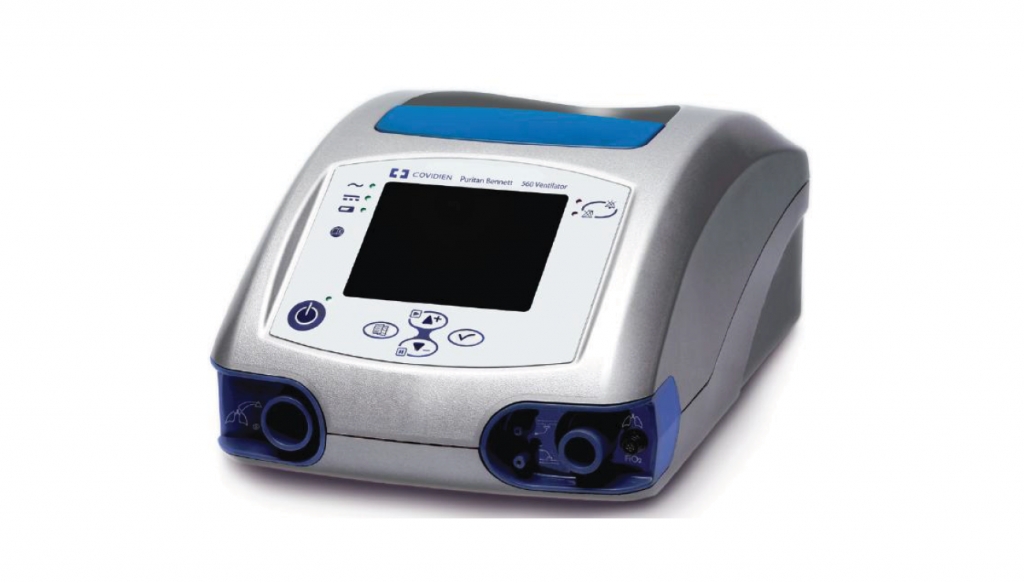Medtronic plc (NYSE:MDT), the global leader in medical technology, today announced it is publicly sharing the design specifications for the Puritan Bennett™ 560 (PB 560) to enable participants across industries to evaluate options for rapid ventilator manufacturing to help doctors and patients dealing with COVID-19. This decision is consistent with the recent FDA Guidance and in accordance with the public health and medical response of governmental agencies globally.
Introduced in 2010, the PB 560 is sold in 35 countries around the world. This ventilator’s ability to be used in a range of care settings, as well as its technology and design, make it a solid ventilation solution for manufacturers, inventors, start-ups, and academic institutions seeking to quickly ramp up ventilator design and production. PB 560 product and service manuals, design requirement documents, manufacturing documents, and schematics are now available at Medtronic.com/openventilator. The PB 560 design specifications are available today, software code and other information will follow shortly.
The PB 560 ventilator is a compact, lightweight, and portable ventilator that provides airway support for both adults and children. It can be used in clinical settings and at home and provides mobile respiratory support.

“Medtronic recognizes the acute need for ventilators as life-saving devices in the management of COVID-19 infections. We know this global crisis needs a global response. Over the past few weeks, we have ramped up production of our Puritan Bennett™ 980 ventilators. But we also know we can do more, and we are,” said Bob White, executive vice president and president of the Minimally Invasive Therapies Group at Medtronic. “By openly sharing the PB 560 design information, we hope to increase global production of ventilator solutions for the fight against COVID-19.”
Ventilators play a critical role in the management of patients with severe respiratory illness, such as COVID-19, who require assistance because they cannot breathe effectively. By placing a patient on a ventilator, the patient’s lungs are permitted to rest and recover while the ventilator performs the functions of supplying oxygen and simulating the actions of breathing. Without ventilation support, some patients with severe respiratory disease might not survive.